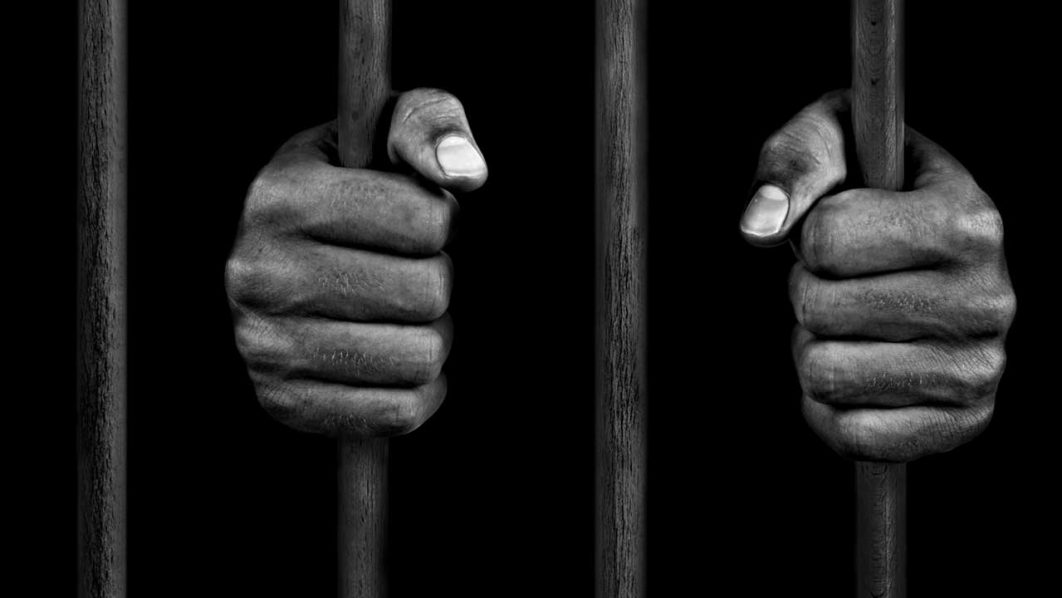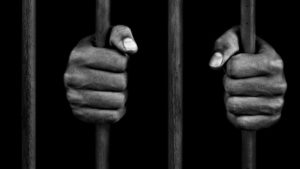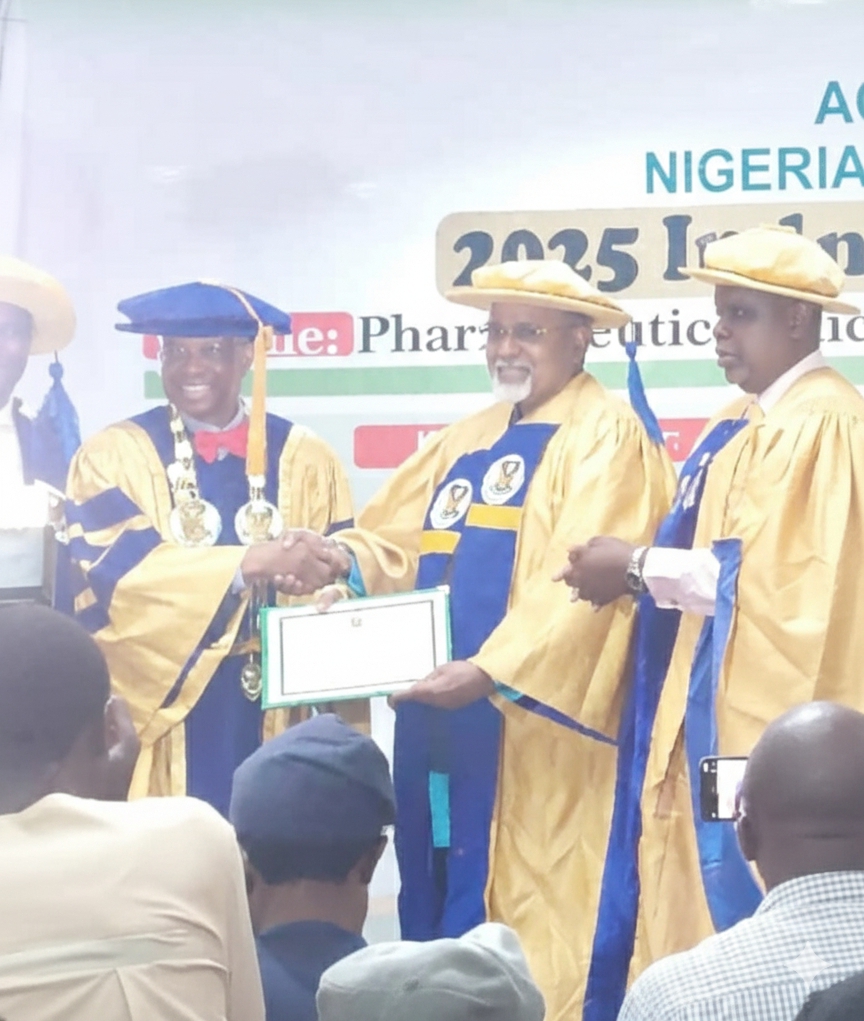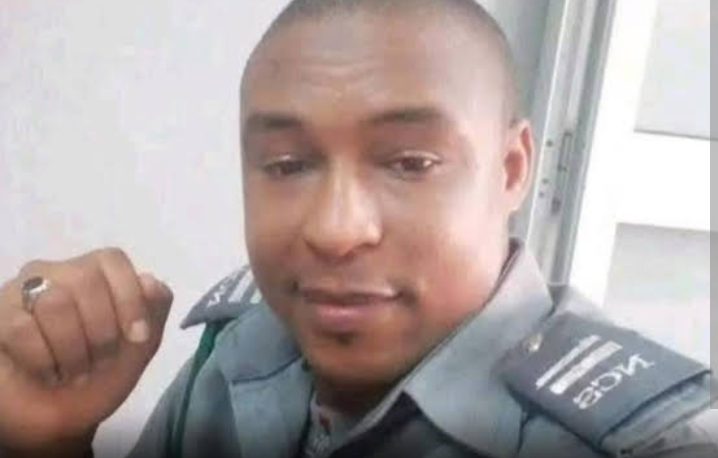The councillor of Bolari East, Ishiyaku Garba, who was arraigned before Justice Sa’ad Moh’d of a high court in Gombe on a three-count charge of bribery by the Economic and Financial Crimes Commission (EFCC), has been convicted.
Acting on intelligence report, the EFCC had arrested him at Bolari Polling Unit 077 in Gombe during the presidential and National Assembly elections, where he was sighted distributing money.
Having pleaded “guilty” to the charges, his counsel, S.A. Mustapha, pleaded for leniency.The trial judge, thereafter, convicted him on the three counts and sentenced him one month with an option of N100,000 fine for count one, one month for count two with an option of N50,000 fine, and one month for count three with an option of N20,000 fine. The prison terms are to run concurrently.
The court ordered that the N295,000 recovered from him be forfeited to the Federal Government.
Meanwhile, following the recommendation of the Independent National Electoral Commission (INEC) for audit of the 2019 elections for better outing in future elections, civil society groups have identified poverty and weak institutions as the root of vote-buying and other corrupt practices that characterised the recent elections.
They stressed that while in most remote communities, votes were bought openly; it was done discreetly in the cities.This was the core of elections debriefing on vote-buying and other forms of manifestations of political corruption, organised by the Women Advocates Research and Documentation Centre (WARDC) in collaboration with Human and Environmental Development Agenda (HEDA), Election Observation Platform (EOP) and Transition Monitoring Group (TMG) in Abuja, yesterday.
The debriefing was part of the Strengthening Citizens Resistance Against Prevalence of Corruption (SCRAP-C) drive.According to the Chairperson of TMG and founding director of WARDC, Dr. Abiola Afolabi-Akiyode, vote-buying and other forms of inducement are gradually becoming the bane of democracy in Nigeria.






